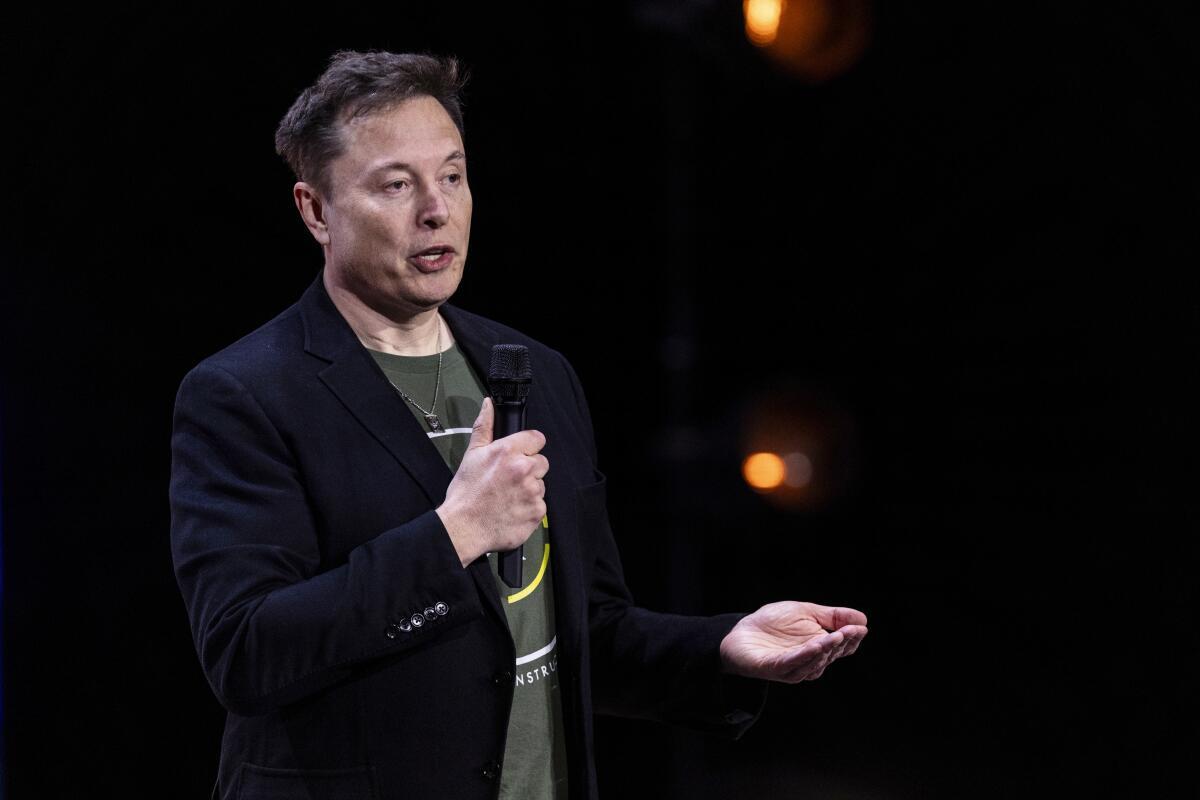CES 2026: How Emerging Technology is Shaping the Year Ahead
An expert breakdown of CES 2026, exploring how robotics, intelligent devices, and next‑gen computing are shaping technology and professional workflows in 2026.

Elon Musk warns that Japan could lose one million people by 2025, urging policy reform and immigration alongside AI solutions.
Table of contents [Show]
Tesla and SpaceX CEO Elon Musk has sounded the alarm over Japan’s shrinking population, predicting the country could lose one million people by 2025 if urgent measures are not taken. Musk, a vocal advocate for technology, emphasized that artificial intelligence, while valuable, cannot be the sole answer to such a complex demographic crisis.
Japan has been facing a steady decline in birth rates for decades, coupled with an aging population. This trend threatens the country’s economic stability, workforce capacity, and social support systems. According to government data, Japan’s fertility rate remains far below the replacement level, and rural areas are seeing entire communities vanish.
Musk acknowledged that AI could help address some of the challenges posed by a shrinking workforce, such as automating labor-intensive jobs and improving productivity. However, he warned that without parallel action on social and policy fronts, AI would only provide temporary relief.
“Technology is a powerful tool,” Musk noted, “but it cannot replace the cultural and human foundations of a thriving society.”
In his comments, Musk pointed to immigration reform and family support policies as crucial steps to reversing the decline. Expanding incentives for families to have children, improving work-life balance, and opening doors to skilled immigrants could help Japan maintain a sustainable population.
While Musk’s warning focuses on Japan, other countries are also grappling with declining birth rates and aging populations, from South Korea to parts of Europe. The interplay between technology and demographics will likely become a defining challenge of the coming decades.
Musk’s remarks serve as a reminder that technology, even in its most advanced forms, cannot replace the need for human-centered solutions. Japan’s population crisis is a deeply rooted societal issue, and solving it will require bold policy changes, cultural shifts, and a willingness to embrace new people and ideas alongside technological innovation.
An expert breakdown of CES 2026, exploring how robotics, intelligent devices, and next‑gen computing are shaping technology and professional workflows in 2026.
Comprehensive guide to using AI tools for content creation, marketing automation, and audience engagement. Discover practical strategies for SEO optimization, social media management, and maintaining brand authenticity while scaling content production.
TIME Magazine has honored the AI Architects as its 2025 Person of the Year, acknowledging their groundbreaking work that pushed artificial intelligence to the center of global innovation.
